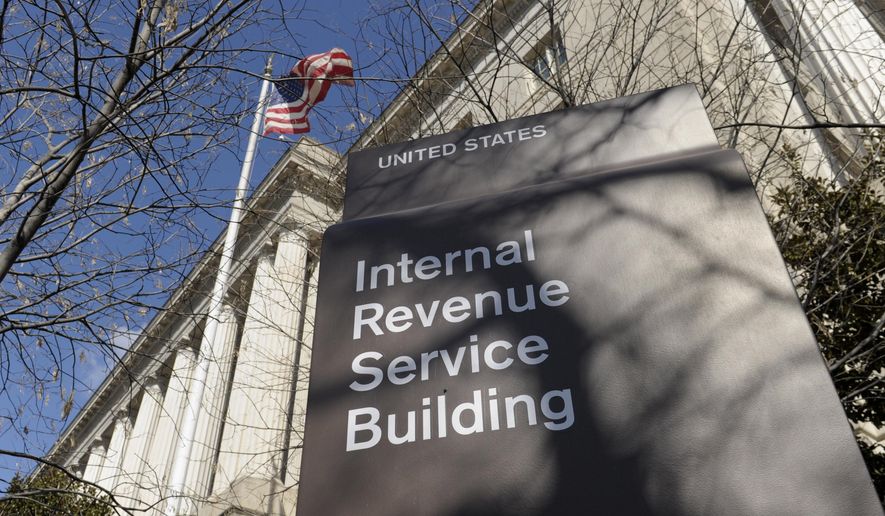The hotlines for taxpayers to get assistance from the IRS’ independent advocate service are a mess, according to an inspector general’s audit Friday that found that fewer than 3% of the 76 hotlines were answered by a person.
A couple were disconnected, while most of the hotlines went straight to voicemail — where many of them said their mailboxes were full and refused to let taxpayers leave a message for a callback.
The hotlines belong to the Taxpayer Advocate Service, whose job is to act as an intermediary for taxpayers struggling to weave their way through the IRS bureaucracy. It operates 76 offices around the country, and every state has at least one.
Those seeking assistance from the hotlines were sorely disappointed, the Treasury Inspector General for Tax Administration said in the new report.
Investigators called all 76 hotline numbers and got through to a person only twice. Two of the numbers were disconnected. Fifty-six went to a voicemail where investigators could leave a message. And 16 of the hotlines rejected messages outright because the office hadn’t emptied prior messages.
“This mailbox is full. Please delete some messages. Goodbye,” one caller heard.
The inspector general said the full mailboxes “can frustrate taxpayers” who need help and said it was part of a broader issue of poor customer service for the IRS.
Investigators made their calls earlier this year. At that time, some of the voicemail messages they got still had a coronavirus pandemic message. Others said it could take up to four weeks to deliver a response.
The inspector general issued an alert to the IRS during the audit and said some things have improved.
“To their credit, they cleared the full voicemail boxes so taxpayers can leave a message,” the inspector general said.
But a reporter who called the Philadelphia hotline on Friday still got the full mailbox message.
Sen. Joni Ernst, Iowa Republican, said the report was a dismal evaluation for an agency that got tens of billions of dollars in new taxpayer money from Democrats’ 2022 budget-climate law.
“It says a lot about the administration’s priorities when there is just a 3% chance someone might actually answer your call,” Ms. Ernst said. “Bureaucrats are phoning it in while taxpayers are being put on hold and even being hung up on.”
The Taxpayer Advocate Service, in its official response to the audit, said most of its work doesn’t come in through the phones but acknowledged “weaknesses” with the phone system that it has since fixed.
Among the changes were correcting the wrong phone numbers and quadrupling voicemail capacity to two hours so it’s tougher to reach the storage limit.
The service also issued new scripts to each office.
Calls Friday showed those changes were largely successful. The offices with pandemic-era messaging had the new scripts.
And all offices promise to review messages daily, though they warn it may still take several days to respond.
“We thank you for your patience during this time,” the message says.
The advocate service is supposed to be a place where someone arguing with the main IRS over their filings or having difficulty getting a refund can go for assistance. As the name implies, the service is supposed to go to bat for the taxpayer.
The inspector general said it learned of the phone system problems from a tax professional who complained about filing written correspondence that went unanswered for six weeks. When the pro tried to reach someone, the “mailbox is full” message came back.
The Washington Times has previously reported on similar struggles with the service and the catch-22 some taxpayers find when they try to use the advocate to advance their cases with the IRS.
The inspector general said in the new report that customer service is an issue throughout the IRS. Investigators pointed to a report last year that surveyed more than 100 main IRS customer service lines and found 21 of them left callers on hold for at least 30 minutes.
• Stephen Dinan can be reached at sdinan@washingtontimes.com.




Please read our comment policy before commenting.